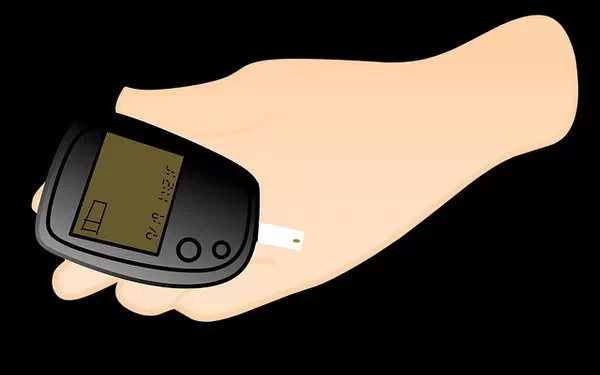For those living with type 1 diabetes (T1D), managing blood glucose levels is a relentless, round-the-clock task. The daily routine involves frequent blood sugar checks, carbohydrate counting, and insulin injections—often multiple times a day. However, recent advancements in insulin technology, specifically “smart” insulin, offer a promising glimpse into a future where managing T1D could become less burdensome.
Current Challenges in T1D Management
Type 1 diabetes is characterized by the body’s inability to produce insulin, a hormone crucial for regulating blood glucose levels. Without insulin, glucose accumulates in the bloodstream, leading to potentially severe complications, including heart disease, kidney issues, and fatigue. Managing this condition requires constant vigilance: monitoring glucose levels, adjusting insulin doses, and making lifestyle decisions based on fluctuating blood sugar.
Grace Bennett, who has lived with T1D since the age of 12, describes the mental and physical toll of this constant management. “You have to think about every decision you make,” she says. “It’s not something you can ever not be thinking about.”
The Promise of Smart Insulin
Smart insulin, or glucose-responsive insulin, represents a potential breakthrough in diabetes management. Unlike traditional insulin, which requires frequent dosing and monitoring, smart insulin is designed to activate in response to changes in blood glucose levels. This could mean a single daily dose or weekly injection, with the insulin remaining inactive until needed.
Imagine an insulin that behaves like a healthy pancreas, releasing insulin only when blood glucose levels rise. This innovation could drastically reduce the need for frequent blood sugar checks and multiple injections, easing both the physical and mental burden of diabetes management.
Current Research and Developments
The Type 1 Diabetes Grand Challenge is supporting six research projects across the US, China, and Australia, investing over €3 million (£2.7 million) into smart insulin development. Notable projects include:
Stanford University: Researchers are developing an ultra-fast insulin inspired by the venom of cone snails, aiming for rapid and precise glucose regulation.
Zhejiang University: Efforts are focused on creating a weekly insulin injection by optimizing hormone release from a reservoir in the body.
These projects reflect the significant progress being made towards more advanced and user-friendly diabetes treatments.
Impact on Daily Life
For people like Grace, the potential of smart insulin is more than a scientific breakthrough—it’s a chance for a more manageable life with diabetes. “If I knew I was using an insulin that could sense what my blood sugar was and respond, that is less time that I have to think about what I’m doing,” she says. The possibility of reducing the need for constant monitoring and quick fixes like carrying glucose tablets for emergencies could significantly enhance daily life.
Conclusion
While smart insulin technology is still in development, its potential to transform diabetes management is immense. By reducing the need for frequent glucose monitoring and making insulin administration more intuitive, smart insulin could offer people with type 1 diabetes a more flexible and less intrusive way to manage their condition. The ongoing research brings hope that future advancements will make living with T1D less burdensome and more manageable.
For now, the journey towards this promising technology continues, with researchers and advocates like Grace Bennett hopeful for a future where managing type 1 diabetes becomes significantly easier and more effective.
Related topics:
GLP-1 Agonists Linked to Lower Hyperkalemia Risk in Type 2 Diabetes Patients
Where Are the Cell Therapies for Type 1 Diabetes?
Diabetes Breakthrough: Revolutionary Insulin Could Transform Treatment for Type 1 Diabetics



























